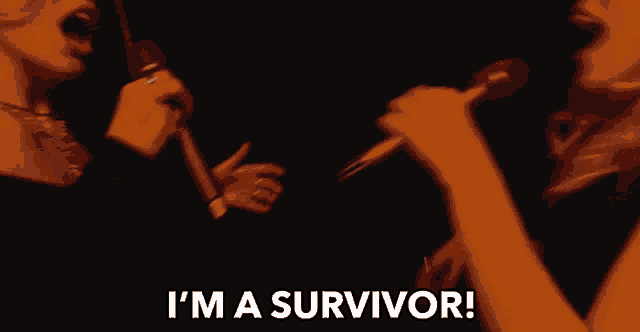Everyone gets stuck in a rut creatively. The ideas aren’t flowing like they used to and it feels like every sentence you write is wrong. You can’t seem to hit the right key no matter how hard you try. It’s difficult not to get down on yourself during times like these and, even though people call creativity a “process,” when you’re stuck it’s hard to see a way out.
So, when X (formerly Twitter) user Patrick T posted James Cameron's scriptment for Strange Days—the 1995 film that Cameron co-wrote—it felt like a breath of fresh air. Patrick T describes it as “one of the best descriptions of the film writing process I’ve ever come across and it was written by James Cameron.”
While the Academy Award-winner has plenty of accolades including the massive 1997 hit Titanic, which not only dominated box offices upon release, but also went on to win 11 Oscars, Best Picture and Best Directing, he’s also written and directed hits like The Terminator (1984), Aliens (1986), and most recently, Avatar (2009) and its sequel, Avatar: The Way of Water (2022). Interestingly, though, Cameron's big, blockbuster films are mostly known for their spectacle and box-office success—rarely has he been recognized for his deft writing and storytelling skills. However, with so many amazing stories under his belt, Cameron obviously knows a little something about the writing process.
In the scriptment below, Cameron writes about the agony of worldbuilding and creating a story. “Trying to will a world into existence. I circle around it, nibbling at the edges, writing notes about the social infrastructure and expounding to no one in particular about the themes of the thing,” Cameron writes. “Eight years of vague ideas, three months of intense pondering, four weeks of writing and a few days of jamming. I had gone up a hill and come down a mountain. Any scene that I couldn’t crack right away, I skimmed over and used the novelistic treatment form to sort of mumble through.”
It's probably hard to believe the man who wrote and directed Titanic struggles creatively, too, but there you have it. Here’s a bit more context for James Cameron’s notes on the creative writing process.
Gif of the iconic "I'm flying" moment from TitanicGiphy
What is a “scriptment”?
The term “scriptment” is a portmanteau between “script” and “treatment,” and was actually coined by James Cameron himself. Though he’s written scriptments for most of his films, the unique document is believed to have first entered the public consciousness during Cameron's involvement in developing the first Spider-Man film, according to the companion piece, King of the World: Complete Works of James Cameron included in the UK publication Total Film Magazine in January 2010.
Not all screenwriters create scriptments, but they can be useful to view a story as more of an editorial pitch. Cameron describes it best, writing “The value of this ‘scriptment’ lies solely in it being presented unchanged, unedited, unpolished. It is the first hurling of paint against the wall in the visualization of a future world and the people in it.”

About the movie Strange Days
James Cameron conceived of the concept and co-wrote the script with Jay Cocks. Directed by Cameron’s ex-wife, Kathryn Bigelow, Strange Days is set on the last two days of 1992 and pulls inspiration from real-life, high-profile incidents like the Lorena Bobbitt incident and the 1992 Los Angeles Riots.
In his review of the film (which stars Ralph Fiennes, Angela Bassett, and Juliette Lewis, among others), legendary film critic Roger Ebert wrote: “The movie paints a Los Angeles that stands midway between the futuristic nightmare of ‘Bladerunner’ and the mean streets of 1940s film noir.” Then, when addressing the movie’s darker themes, “But isn’t that what we do during all thrillers we attend? Get entertained by the sight of violent action? By making the process explicit, ‘Strange Days’ requires us to think about it, which is more than all but a few movies can or attempt to do.”
On Reddit’s r/flicks thread, user @sushideception similarly praised the movie, writing, “Wow, ‘Strange Days’ is a masterpiece. A sweaty, bloody, sexy, thrilling masterpiece. There’s such a sense of urgency, forward motion, and constant tension—what a movie!”

The importance of putting things out, despite their flaws
A key part of the creative process is not just writing—but also having the strength and bravery to release it to the public. That’s never, ever easy. As a creative, you want things to be perfect. Polished. Finessed and fidgeted over until it’s ready to be unveiled. But to wait for perfection is to chase an illusion: there will never be a day when everything is exactly correct. You must put your work out nonetheless.
Cameron puts it beautifully in his scriptment while describing the document: “What you have is at once a kind of pathetic document; it is as long as a script, but messy and undisciplined, full of cheats and glossed-over sections. But it is also an interesting snapshot of formatting a moment in the creative process. So what you are about to read is a flawed document, a work in progress, a detailed study for a painting. But what is remarkable to me when I re-read this, is how parts of it have stood up through the entire process with barely a single word changed, while other parts are almost unrecognizable in the final film.”
What people are saying
On Twitter/X, Philip Gawthorne responded to the post, saying, “James Cameron's ‘scriptment’ (which I still have) helped teach me how to write and inspired me so much. One of my favorite cyberpunk movies of all time. This is a great passage about the exquisite pain of the process.”
Later, Anupam Sidhant also commended Cameron, commenting: “Every single word of this is true. If you’ve ever immersed yourself in writing something, you have felt everything that Cameron here describes.”
Finally, a simple statement from Adam Loretz: “That's the spirit. Let the story consume you!”
So, if you have any projects you’ve been meaning to start, or ideas lying around that you’re worried aren’t “ready” or “good enough,” let the spirit of James Cameron imbue you.

The full opening of the Strange Days scriptment by James Cameron:
"At the beginning of any writing project is the agonizing period in which nebulous ideas dance before the mind's eye like memories of a dream, and vaporous vague shapes take on human form and begin to answer to their names.
Trying to will a world into existence. I circle around it, nibbling at the edges, writing notes about the social infrastructure and expounding to no one in particular about the themes of the thing.
Then slowly a change happens. Without warning, it becomes easier to write a scene than to write notes about the scene. I start sticking words in the mouths of characters who are still mannequins, forcing them to move and to walk. Slowly their movements become more human.
The curve inflects upward, the pace increases. The characters begin to say things in their own words. By the end of this period I'm writing ten pages a day. The last day becomes endless, often stretching round the clock to the following noon. The curve becomes almost vertical as the thing seems to come alive. I become a witness only, a court reporter getting it down as fast as I can.
Lenny Nero was born in 1985 when I decided to write a film noir thriller taking place on New Year's Eve 1999. I was fascinated by the dramatic and thematic potentials of the millennium, and the idea of doomsday as a backdrop for the redemption of one individual. At that time I made a few notes, totaling less than five handwritten pages. I called it "The Magic Man," because Lenny can get you anything... like magic. I never got around to writing it, at least not that decade.
Eight years of vague ideas, three months of intense pondering, four weeks of writing and a few days of jamming. I had gone up a hill and come down a mountain. Any scene that I couldn't crack right away, I skimmed over and used the novelistic treatment form to sort of mumble through.
What you have is at once a kind of pathetic document; it is as long as a script, but messy and undisciplined, full of cheats and glossed-over sections. But it is also an interesting snapshot of formatting a moment in the creative process.
So what you are about to read is a flawed document, a work in progress, a detailed study for a painting. But what is remarkable to me when I re-read this, is how parts of it have stood up through the entire process with barely a single word changed, while other parts are almost unrecognizable in the final film.
The value of this "scriptment" lies solely in it being presented unchanged, unedited, unpolished. It is the first hurling of paint against the wall in the visualization of a future world and the people in it.
Enjoy.





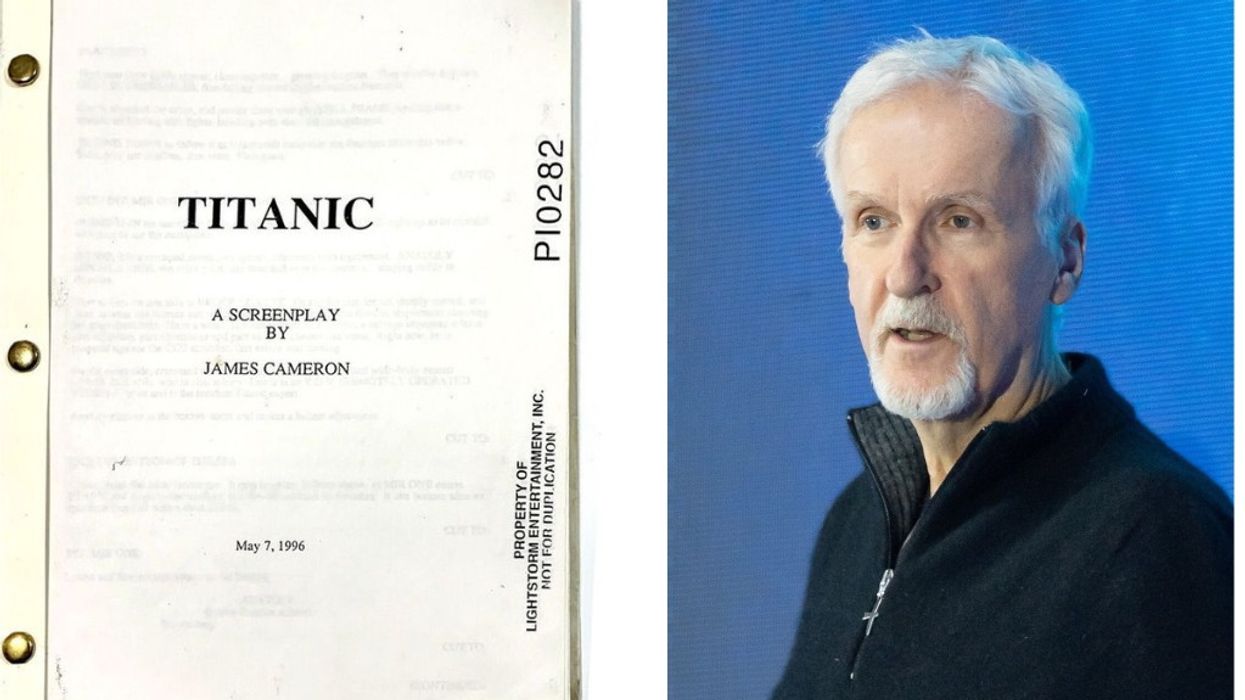






 It wasn't even February, so she wasn't expecting what came next.
It wasn't even February, so she wasn't expecting what came next.  The hug came first, the 'yes' took a few moments more.
The hug came first, the 'yes' took a few moments more. 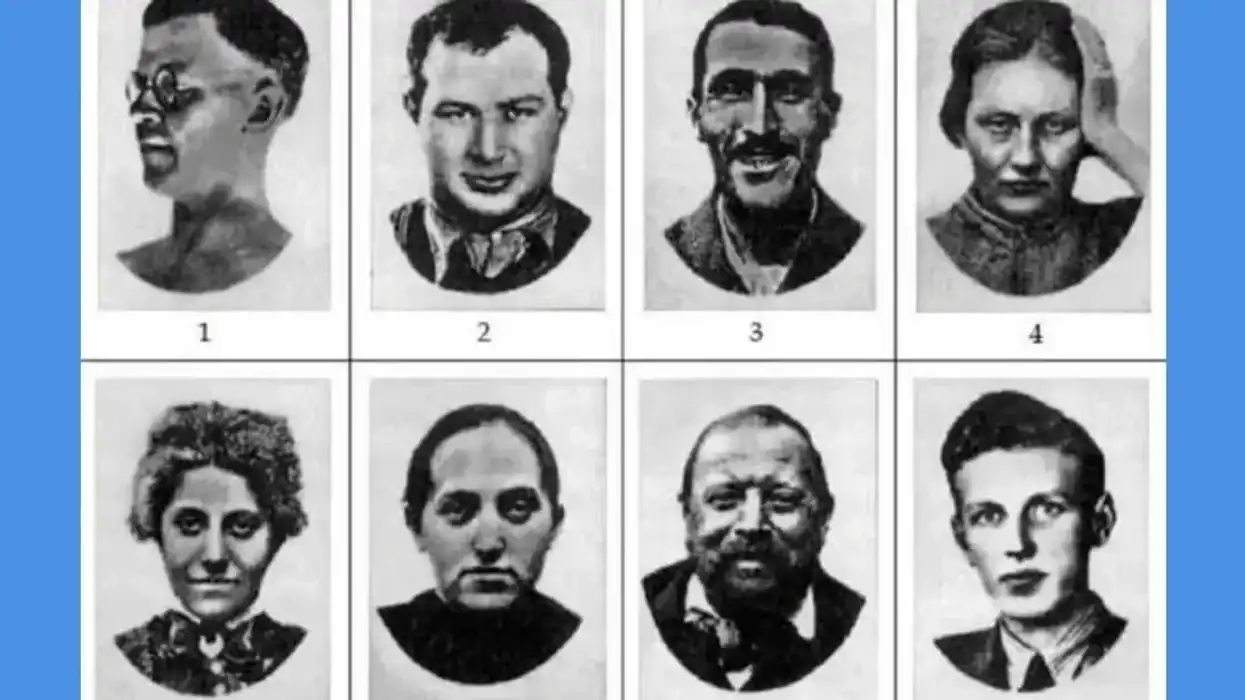



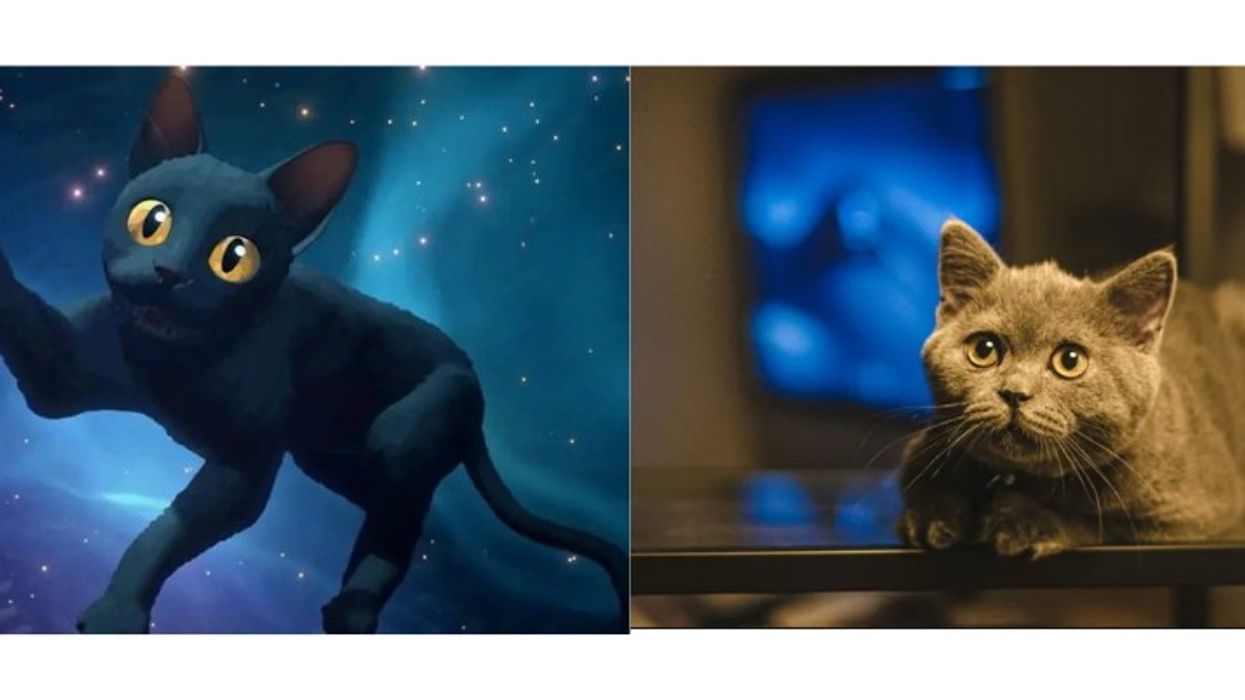


 Representative Image Source: Pexels | Oleksandr P
Representative Image Source: Pexels | Oleksandr P  Layout of the plane seatsImage Source: Mumsnet |
Layout of the plane seatsImage Source: Mumsnet | 



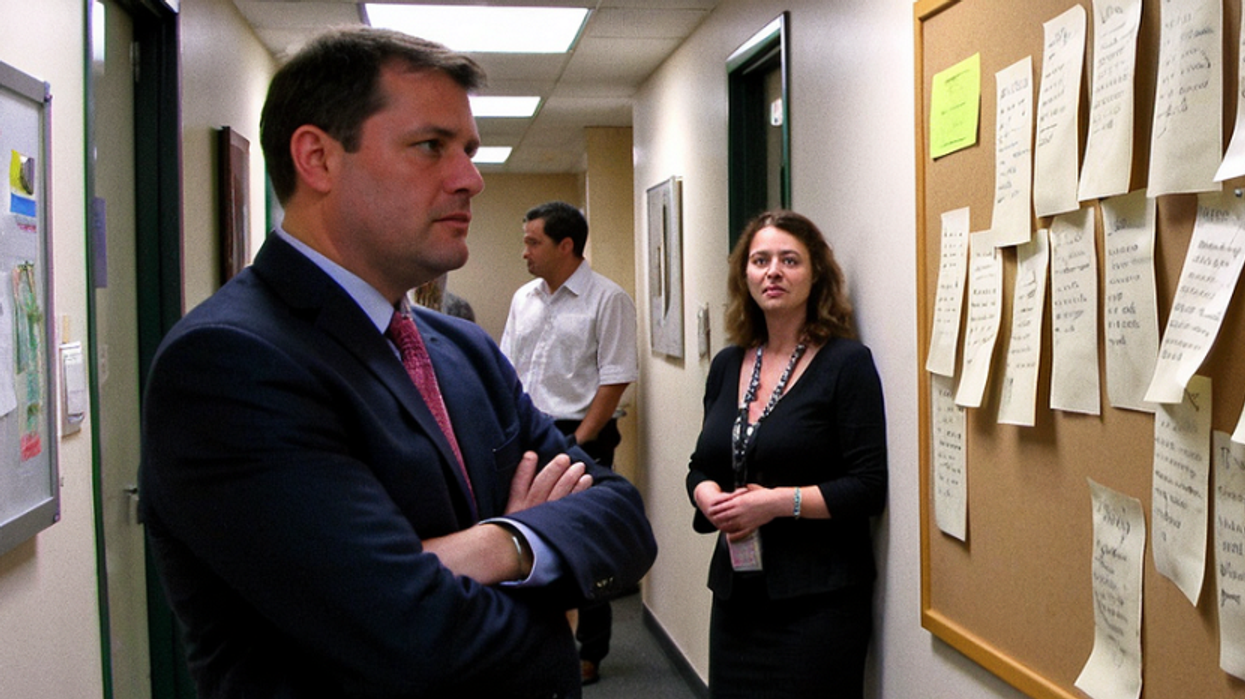
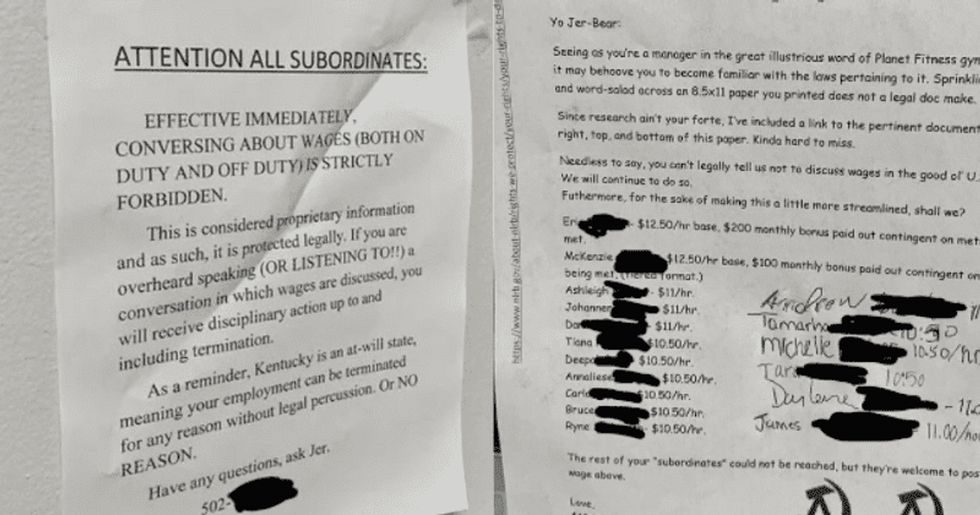 Image Source: Joshua Potash | Reddit
Image Source: Joshua Potash | Reddit 


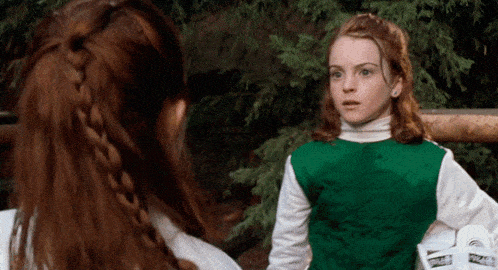
 Representative photo by luis arias |
Representative photo by luis arias | 
 Representative photo by Jamie Lee |
Representative photo by Jamie Lee | 
